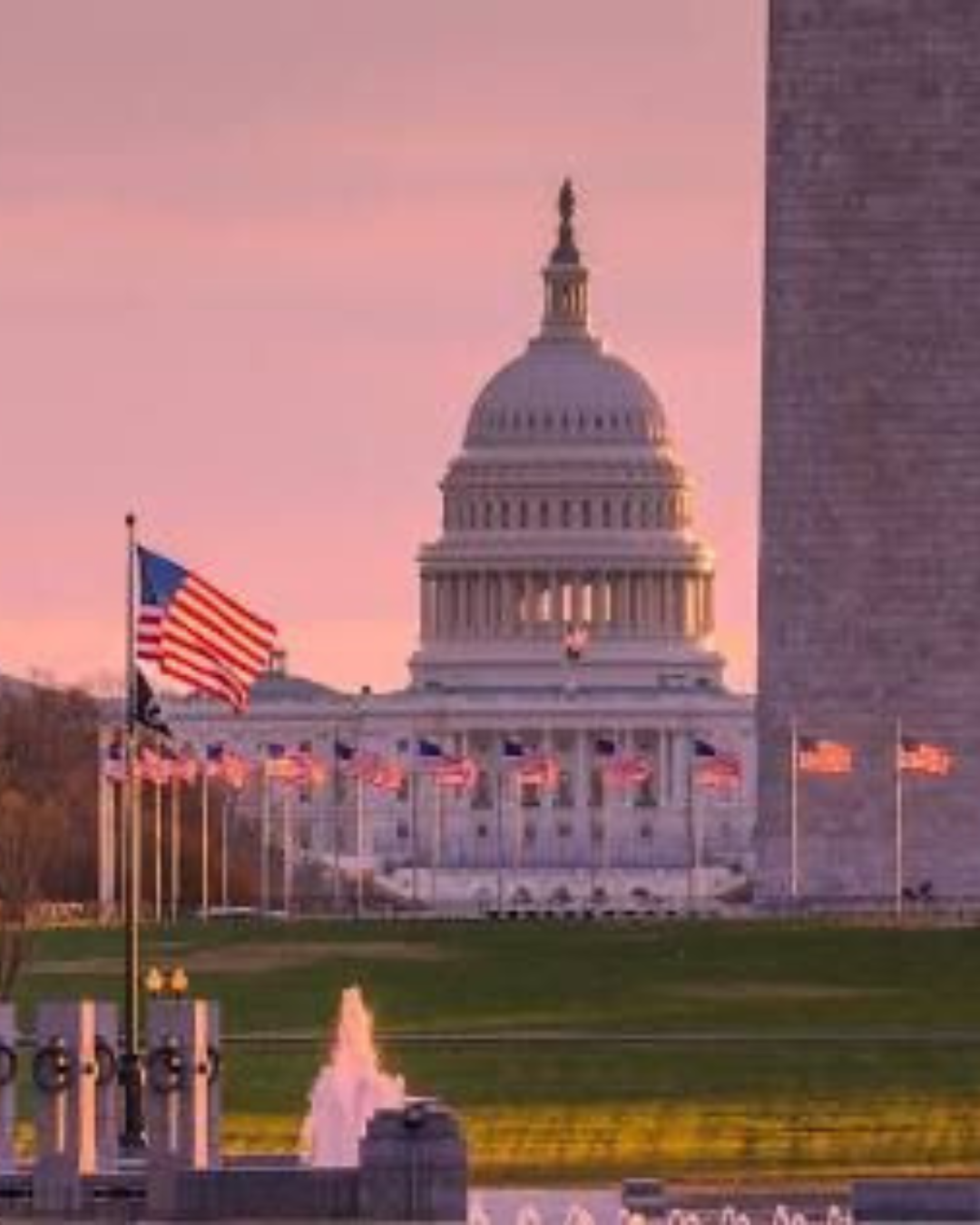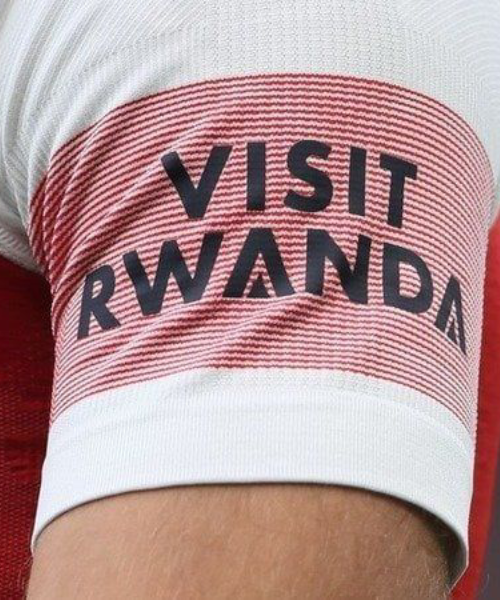NAIROBI, Kenya — The High Court has temporarily suspended the operations of President William Ruto’s newly formed Presidential Multi-Agency Team on the War Against Corruption (MAT-WAC), following a legal challenge that questions its constitutionality and institutional legitimacy.
Justice Bahati Mwamuye issued conservatory orders on Tuesday, halting the task force’s activities pending the hearing of a petition filed by four Kenyan citizens: Dr. Magare Gikenyi, Eliud Karanja Matindi, Philemon Abuga Nyakundi, and Dishon Keroti Mogire. The respondents—including the Attorney-General, the Ethics and Anti-Corruption Commission (EACC), and several other state agencies—have been directed to file their responses by August 29, ahead of a mention scheduled for September 9 to confirm compliance.
The petitioners argue that President Ruto’s August 18 proclamation establishing MAT-WAC violates multiple provisions of Kenya’s 2010 Constitution. They contend that the creation of a parallel anti-corruption entity duplicates the mandate of existing institutions, particularly the EACC, which is constitutionally empowered under Article 79 to lead the fight against corruption.
“The President lacks a constitutional mandate to establish an anti-corruption agency, a role already assigned to the Ethics and Anti-Corruption Commission,” the petition states.
In a strongly worded submission, the petitioners described the powers exercised by the Head of State as “imaginary, hot-air mirage powers,” asserting that the Constitution expressly limits executive authority in areas reserved for independent commissions. They claim that MAT-WAC’s formation not only undermines the legal framework but also risks politicizing institutions whose independence is protected by law.
Among the entities included in the task force are the Central Bank of Kenya (CBK), the Office of the Director of Public Prosecutions (ODPP), the National Intelligence Service (NIS), and the Directorate of Criminal Investigations (DCI). The petitioners argue that their inclusion compromises institutional autonomy and could erode public trust in their operations.
Concerns have also been raised about the task force’s funding model, which reportedly draws from existing budgetary allocations and unspecified “other sources.” The petitioners warn that this approach lacks transparency and opens the door to potential misuse of public resources.
In addition to the President and the aforementioned agencies, the Financial Reporting Centre, the Asset Recovery Agency, the Kenya Revenue Authority, and the Public Procurement Regulatory Authority have also been named as respondents in the case.
The legal challenge comes amid heightened public scrutiny of Kenya’s anti-corruption efforts, with critics questioning the effectiveness of new initiatives that appear to bypass established institutions. As the court prepares to hear the matter, the future of MAT-WAC remains uncertain—casting a spotlight on the delicate balance between executive ambition and constitutional restraint.











